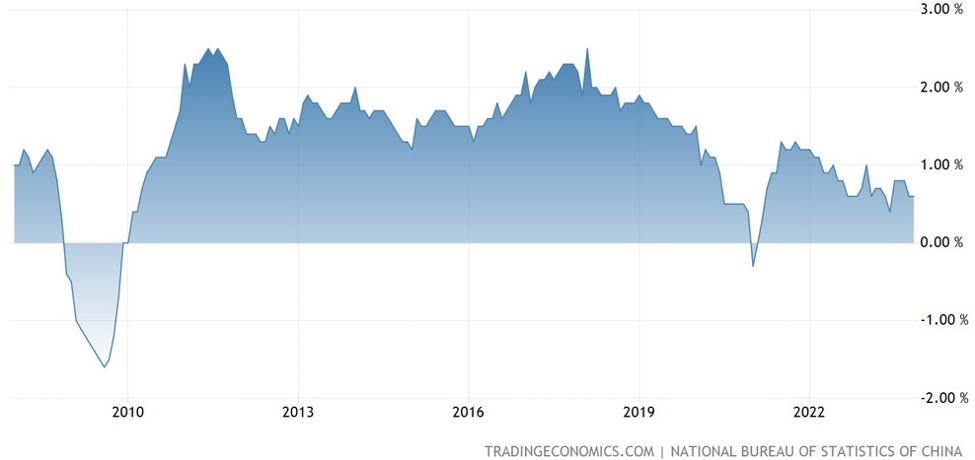The overblown panic on Monday last week suddenly looks quite silly now, doesn’t it?
Yes, the labour market did show further signs of softening in July. Perhaps Hurricane Beryl had something to do with it, even if the BLS said that it had “no discernable effect”.
However, the US economy as a whole is not doing that bad. In fact, it isn’t really bad at all. And one can keep circling back to the resilience of the US consumer to support said case in point.
That puts markets in a bit of a tough spot in trying to balance out the narrative of a weakening labour market. But on the other hand, consumption activity remains solid as the US households continue to power through. Even Walmart’s earnings report yesterday reaffirmed that sentiment.
So, where do we go from here?
It’s pretty clear by now that the market focus, at least for the Fed, is no longer so much so on inflation. Traders are pretty much convinced that the disinflation process will keep running from hereon. There might be bumps along the way but the narrative is set that the inflation beast has been tamed.
As things stand, the main focus now is on the health of the economy. It’s been the case for a few weeks now but the jobs report earlier this month and the panic that followed, as well as the reactions to the data releases this week, confirms it.
It is also the reason why the dollar managed to find a reprieve yesterday. We’re in this sort of a peculiar spot where the dollar and risk will both benefit from a more resilient US economy now.
That doesn’t mean we’ll keep at it for long though. It all depends on the market outlook for the Fed and the carry trade unwind and rewind at this point.
For the time being, traders are slowly paring back their call for a 50 bps rate cut next month. The odds of that have lessened to ~29% now. That is considerably lower than the ~52% probability seen going into the US CPI report on Wednesday here. And also down from the ~38% probability in trading yesterday after the US CPI report.
With each passing data point, it’s clear that markets have overreacted on Monday last week. It proves again that the kicking and screaming was a lot more to do with investors unable to stomach their losses. And not that the US economy is crumbling and brought down to its knees.
Is the Fed slow to begin the rate cut cycle? Possibly. However, is it that bad that they crashed the US economy because of it? Certainly not. If policymakers need to respond, the Fed put will certainly be in play. And they have plenty of ammunition to do so. Even if their job isn’t to appease markets, traders and investors are certainly treating it like it is.
And if the Fed can so easily be bullied that way, tell me again. Why the panic?















